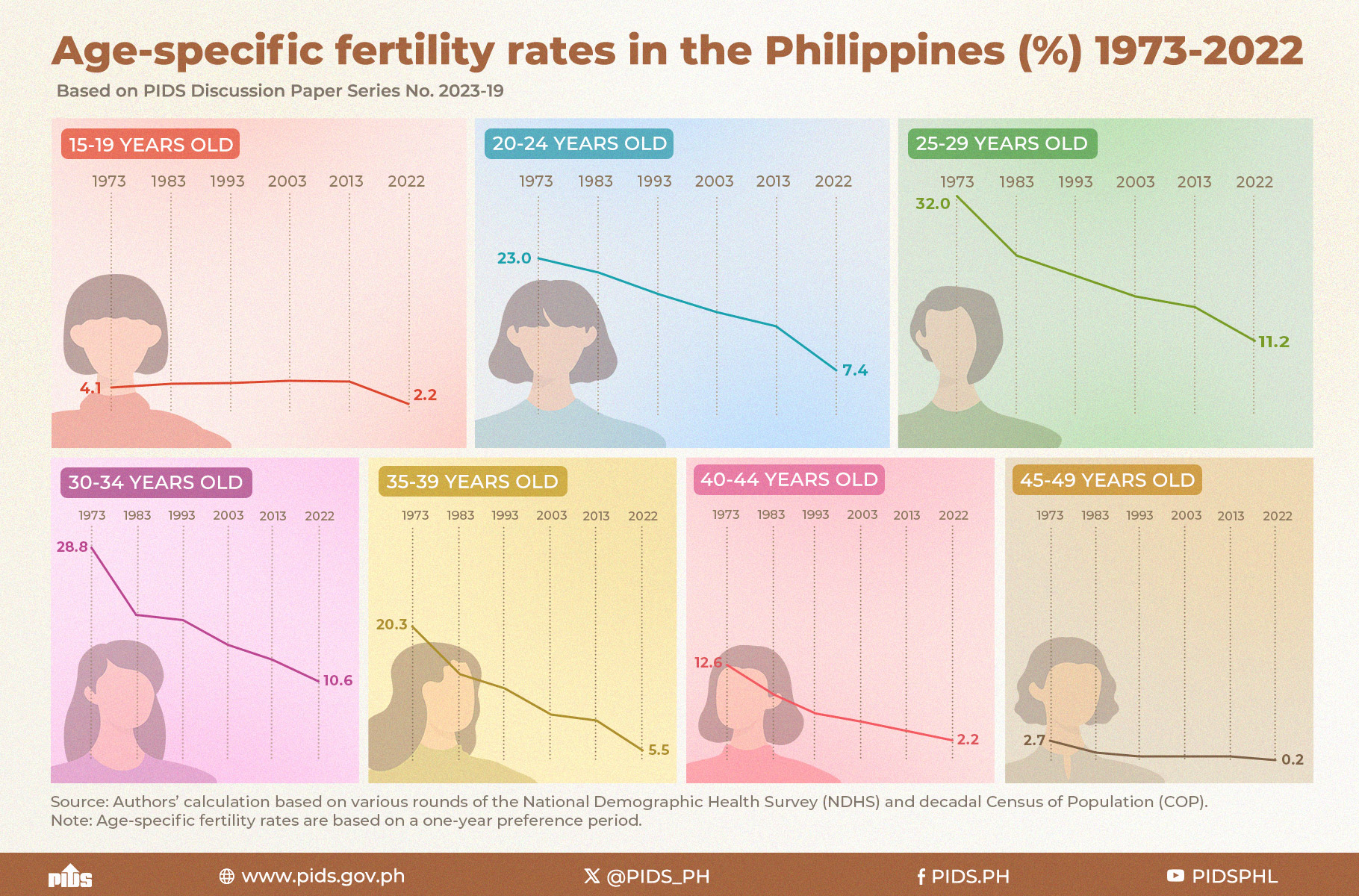State think tank Philippine Institute for Development Studies (PIDS) held on Jan. 9, 2013 the first Pulong Saliksikan for this year. The event featured the research presentation of economist Victor Pontines on the prospects and benefits of coordinating exchange rate policies within the ASEAN + 3.
The Pulong Saliksikan Forum Series, which literally means `research meeting` in Filipino, is one of PIDS` research dissemination activities and strategies. A spin-off from the concept of academic research defense, this forum series provides a venue for in-house research staff and invited guest researchers to refine their methodology and elicit recommendations from an audience composed primarily of technocrats, academics, and experts on the topic at hand.
Pontines, a Research Fellow at the Tokyo-based Asian Development Bank Institute (ADBI), proposes for the coordination in exchange rates among the ASEAN +3 to promote intraregional exchange rate stability and to further facilitate intraregional trade. The ASEAN + 3 is composed of the 10 ASEAN member countries, Japan, China, and South Korea. At present, these countries follow different exchange rate regimes.
Exchange rate coordination, according to his study, `can be facilitated by the creation of an Asian Currency Unit (ACU) index` which can be used `for surveillance purposes, particularly, for purposes of assessing `over and undervaluation` of the individual currencies from the regional ACU average and for flagging emerging vulnerabilities in individual economies in the region.` He explains that this method has the advantage of arriving at an optimal regional currency basket and can lessen the contentious and political nature of exchange rate policy coordination.
Pontines further adds that, despite increased intraregional trade agreements, there has been very little coordination among governments in the region with respect to this issue. He therefore urged policymakers to consider his proposal especially with the imminent establishment of an ASEAN Economic Community by 2015.
Meanwhile, PIDS President Josef T. Yap commended Pontines` study. He said that `it comes at an opportune time because exchange rate issues have been perennially at the forefront of macroeconomic concerns in the region.` He also expressed concern about the issue by saying that the biggest stumbling blocks to effective exchange rate coordination remain to be political and institutional factors.`
For more information, you may contact the Institute`s Public Affairs office at 892-4059 (c/o Gift Baroy or Gizelle Manuel) or email inquiries@pids.gov.ph. ###
The Pulong Saliksikan Forum Series, which literally means `research meeting` in Filipino, is one of PIDS` research dissemination activities and strategies. A spin-off from the concept of academic research defense, this forum series provides a venue for in-house research staff and invited guest researchers to refine their methodology and elicit recommendations from an audience composed primarily of technocrats, academics, and experts on the topic at hand.
Pontines, a Research Fellow at the Tokyo-based Asian Development Bank Institute (ADBI), proposes for the coordination in exchange rates among the ASEAN +3 to promote intraregional exchange rate stability and to further facilitate intraregional trade. The ASEAN + 3 is composed of the 10 ASEAN member countries, Japan, China, and South Korea. At present, these countries follow different exchange rate regimes.
Exchange rate coordination, according to his study, `can be facilitated by the creation of an Asian Currency Unit (ACU) index` which can be used `for surveillance purposes, particularly, for purposes of assessing `over and undervaluation` of the individual currencies from the regional ACU average and for flagging emerging vulnerabilities in individual economies in the region.` He explains that this method has the advantage of arriving at an optimal regional currency basket and can lessen the contentious and political nature of exchange rate policy coordination.
Pontines further adds that, despite increased intraregional trade agreements, there has been very little coordination among governments in the region with respect to this issue. He therefore urged policymakers to consider his proposal especially with the imminent establishment of an ASEAN Economic Community by 2015.
Meanwhile, PIDS President Josef T. Yap commended Pontines` study. He said that `it comes at an opportune time because exchange rate issues have been perennially at the forefront of macroeconomic concerns in the region.` He also expressed concern about the issue by saying that the biggest stumbling blocks to effective exchange rate coordination remain to be political and institutional factors.`
For more information, you may contact the Institute`s Public Affairs office at 892-4059 (c/o Gift Baroy or Gizelle Manuel) or email inquiries@pids.gov.ph. ###












